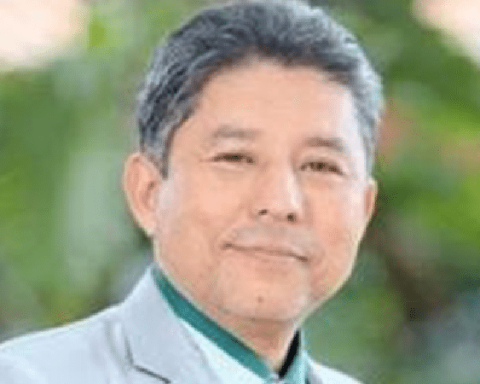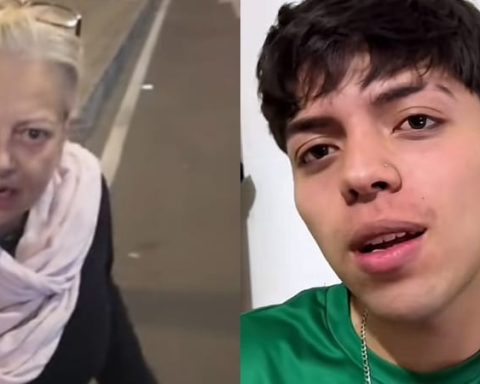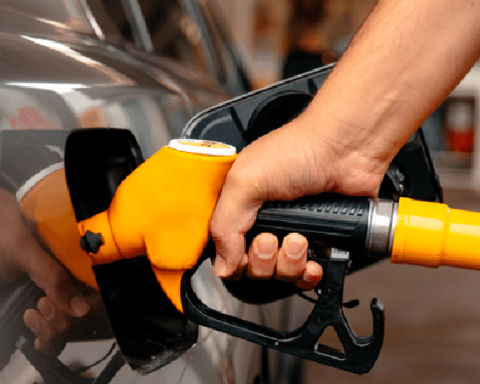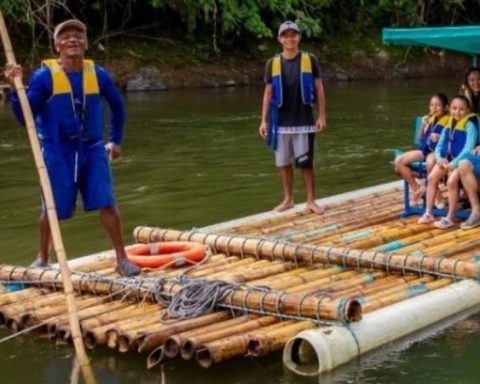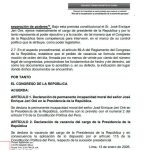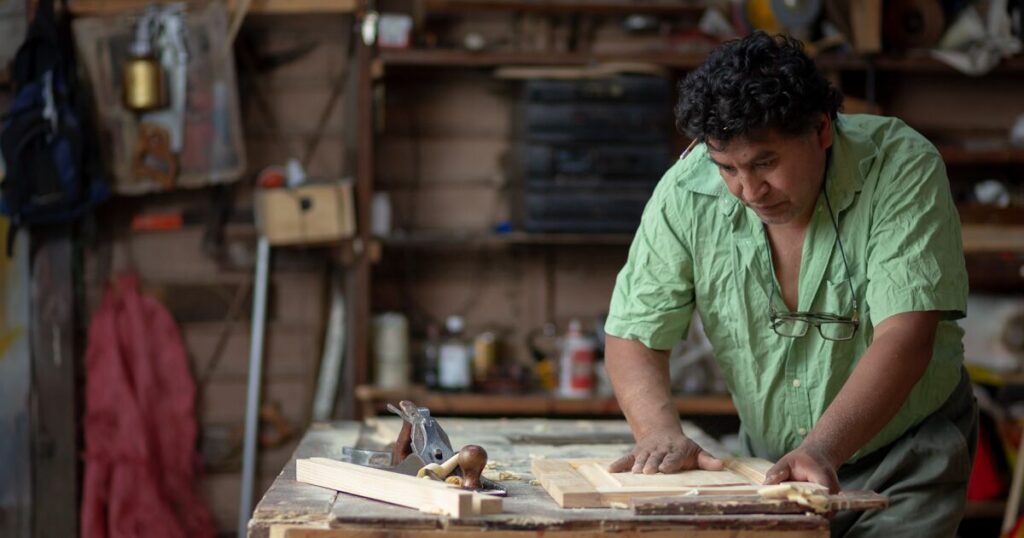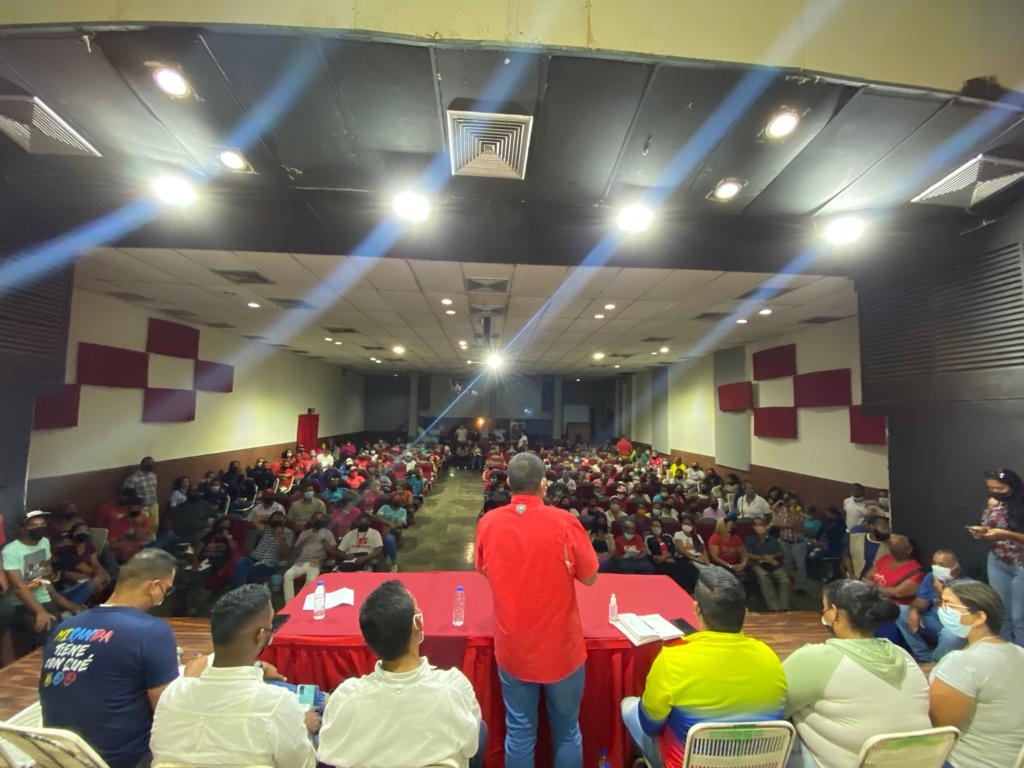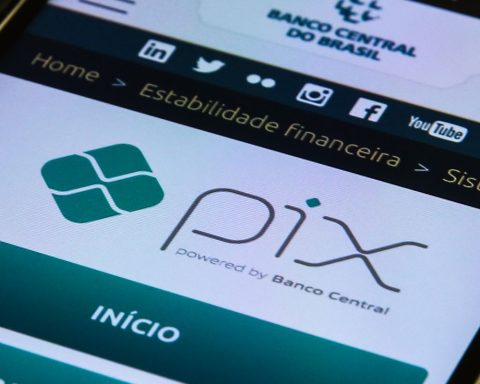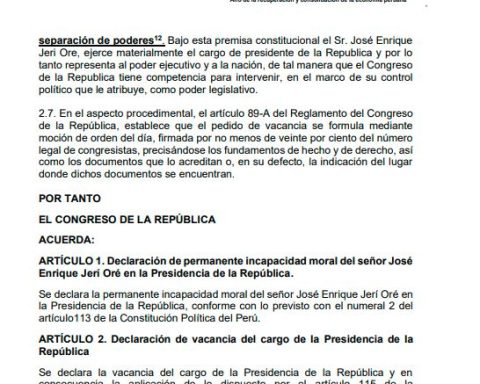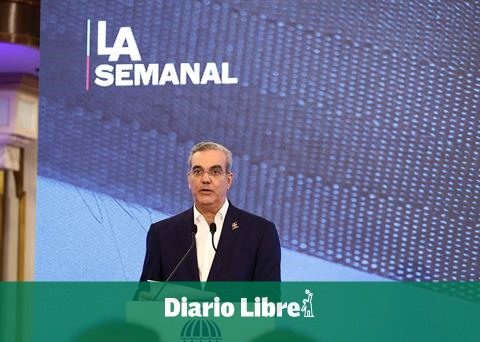The world Bank approved two loans to promote economic recovery in the country. Specifically on issues of equity and education.
(Read: ‘In Colombia, with clean energies, the transition will be faster’).
“Through these two loans, which are of great importance for Colombia, the World Bank would contribute to the financing of the General Budget of the Nation and the budget of the Ministry of National Education.”, said Alejandra Botero Barco, General Director of the National Planning Department.
“It will accompany the efforts that the National Government has launched in response to the effects of the COVID-19 pandemic on the official education system, and on those that are focused on promoting an equitable and sustainable economic recovery,” the official pointed out. .
The first loan is for US$750 million, destined to promote new policies for the improving household equity and resilience. Among them, the barriers that women have to access economic opportunities.
The idea is also to contribute to the process of climate change mitigation and the consolidation of a low-carbon energy transition. Additionally, the operation will promote the biodiversity conservation agenda; and measures that contribute to the protection of wildlife and the reduction of deforestation.
The second loan is for US$80 million to improve the pedagogical practices and the management of the educational sector in the country. The objective is to strengthen programs that are key to guaranteeing a timely and effective response in education after the pandemic.
(What’s more: Colombia, among the countries with the best educational management during covid).
These programs include actions aimed at the effective use of learning assessments, improvements in pedagogical practices, optimization of school management practices, articulation between educational institutions and local governments, and the strengthening of the School Feeding Program.
“Both operations will support the government’s efforts to promote more equitable access to opportunities for the most vulnerable groups, after the pandemic”, indicated Mark R. Thomas, director of the World Bank for Colombia, Mexico, and Venezuela.
(Read: Colombia seeks alternatives to imports from Russia).
“Recovering the learning losses of millions of Colombian children and youth due to the closure of schools during the pandemic, as well as reducing the negative impacts of climate change, which disproportionately affect the poorest populations in the country, are priorities to achieve a equitable and sustainable recovery.
BRIEFCASE

